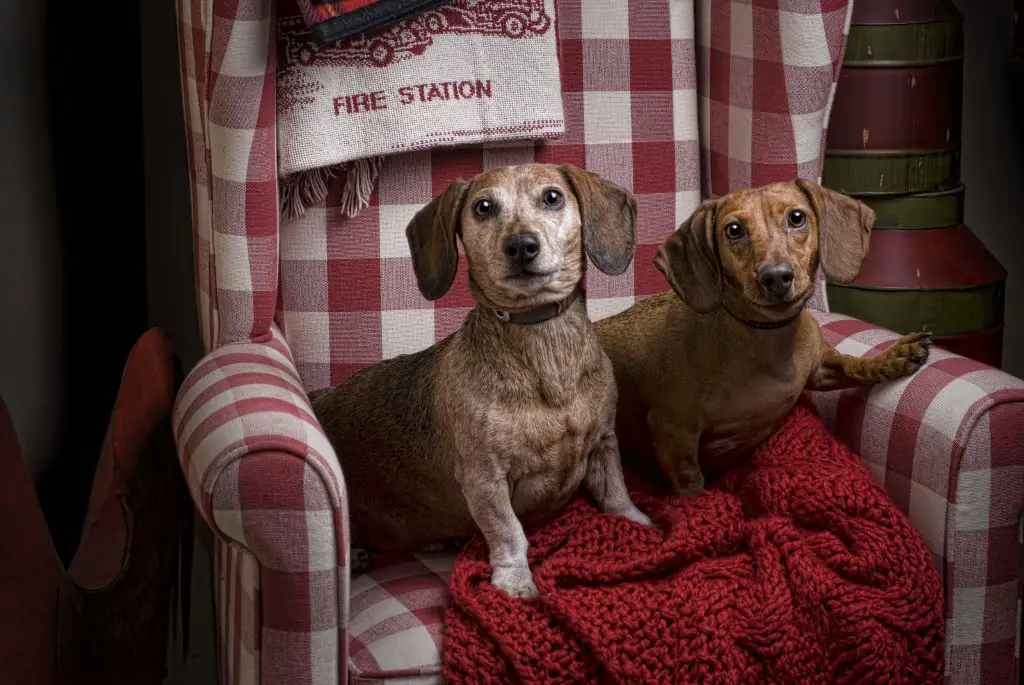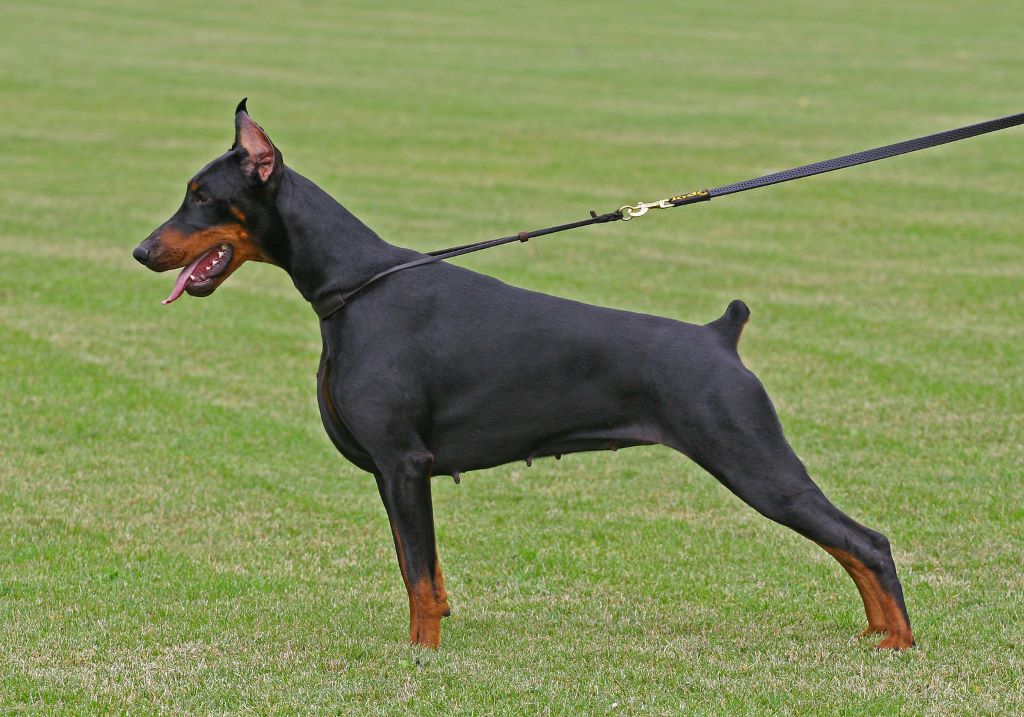Sad Dachshunds are not unusual. Sadness is a natural part of being alive, and every pet owner knows that their pet feels sad from time to time. Sadness can be caused by any number of things, including moving, the loss of a loved one (human or animal), boredom, illness, lack of attention, etc.
Sadness is also a part of Dachshund’s natural temperament. This doesn’t mean that your Dachshund is doomed to a life of misery, but it does mean that you should be prepared to deal with periods of sadness.
Dealing With A Sad Dachshund – A Complete Guide
If your Dachshund is sad, there are a few things that you can do to help him feel better.
First, try to determine the root cause of the sadness. Once you know what is causing your Dachshund to be sad, you can work on fixing it.
If your Dachshund is sad because he is bored, try adding some new toys or games to his life. If he is sad because he misses someone, try spending more time with him yourself or taking him to meet new friends.
Make sure that he is getting plenty of exercise. A tired dog is a happy dog, and Sad Dachshunds often benefit from the extra activity.
Spend time cuddling and playing with your Sad Dachshund. This will help him feel loved and appreciated.
Be patient. Sadness is a process that takes time to work through. Don’t expect your Sad Dachshund to be happy overnight.
Above all, remember that Sad Dachshunds are not a lost cause. With a little love and understanding, you can help your Sad Dachshund feel better and enjoy life again.
Are Dachshunds Moody?

Dachshunds have a reputation for being independent, stubborn, and even a bit moody. But what does it really mean to be a “moody” dog?
Moodiness is simply a change in an emotional state. We all have mood swings from time to time, and so do dogs. A dog’s mood can be affected by many different things, including his environment, his health, his daily routine, and even the weather.
Moodiness is not necessarily a bad thing. In fact, it’s perfectly normal for dogs (and humans) to experience mood swings. The key is to understand what is causing your dog’s moodiness and how to deal with it in a positive way.
Understanding Dachshund Depression
Depression is a serious medical condition that can have a negative impact on every area of your dog’s life. If you think that your Dachshund may be depressed, it’s important to talk to your veterinarian about it.
There are many different causes of depression in dogs, and it can be tricky to figure out what is causing it. It could be something as simple as a change in routine or the loss of a loved one. Or it could be something more serious, like an illness or injury.
Depression is often treated with a combination of medication and behavior modification. If you think that your Dachshund is depressed, talk to your veterinarian about the best course of treatment.
Dachshund Making Sad Eyes – Here’s What You Should Do

If your Dachshund is making sad eyes, it’s important to understand what he is trying to communicate. Dogs communicate through their body language, and the eyes are one of the most important parts of the body when it comes to communication.
When a dog makes eye contact with you, he is trying to send a message. The message will vary depending on the context and the situation.
For example, a dog who makes eye contact while wagging his tail is probably happy and friendly. But a dog who makes eye contact while growling is probably feeling aggressive or threatened.
When your Dachshund makes sad eyes, he is trying to tell you that he is feeling sad.
Whatever the reason for your Dachshund’s sadness, it’s important to respond in a way that will help him feel better. Try spending more time with him, playing with him, or taking him for a walk.
You might also want to try adding some new toys or games to his life to help break up the monotony. And, of course, make sure that he is getting plenty of exercise. A tired dog is a happy dog!
Above all, remember that sadness is a process that takes time to work through. Don’t expect your Dachshund to be happy overnight. With a little love and understanding, you can help your Dachshund feel better and enjoy life again.
Do Dachshunds sulk?
The simple answer is yes; Dachshunds do sulk. But what does it mean to “sulk”?
Most people use the term “sulk” to describe a negative emotional state, like sadness, anger, or frustration. And while sulking can certainly be a sign of those emotions, it’s important to understand that sulking is not always a bad thing.
In fact, sulking can be a perfectly normal response to a difficult or stressful situation. Dogs (and humans) often sulk as a way of coping with difficult emotions.
Conclusion
Dachshunds are known for their mood swings, and while this can sometimes be a problem, it’s usually nothing to worry about. A change in an emotional state is perfectly normal for dogs (and humans) and can be caused by many different things.
If your Dachshund seems to be sad or depressed, talk to your veterinarian about it. There may be something wrong that needs to be addressed, or your Dachshund may just need some time and love to feel better.








